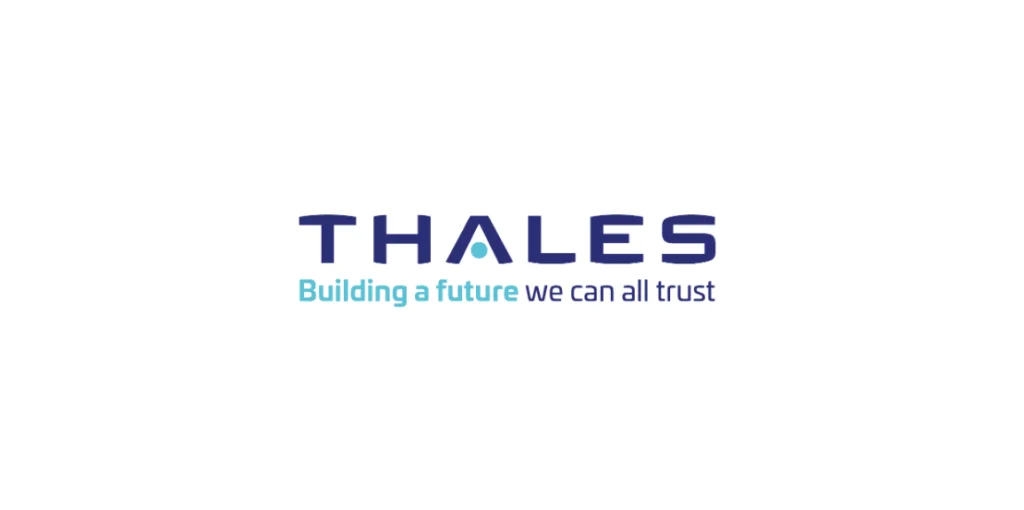
Each step of Quantum Machines co-founder and CEO Itamar Sivan’s academic journey has been tied, on some level, to quantum physics and quantum computing. But, he is also interested — and serves as an instructor — in entrepreneurship.
Creating a quantum startup made perfect sense to Sivan.
“I know two things in the world — quantum computing and entrepreneurship,” said Sivan “So I combined those.”
 Sivan said the motivation to build Quantum Machines came when he and his co-founders realized that the arrival of quantum computing was no longer a question of if, but when.
Sivan said the motivation to build Quantum Machines came when he and his co-founders realized that the arrival of quantum computing was no longer a question of if, but when.

“We realized it’s coming — quantum computing is happening,” said Sivan. “If you could go back ten years or so and ask the average quantum physicists, ‘When are we going to have quantum computers?’They would probably say not in a million years.”
Sivan added, with a laugh, “Now, we can firmly say that quantum computers are around the corner, if we define ‘around the corner’ as some time between now and a million years in the future.”
“It Could Change Everything”
These are exciting times in quantum and Sivan — and his team at Quantum Machines — are particularly enthused to be part of it now because they see the technology’s enormous potential. That potential will affect just about every field and every industry, he said.
“Today, what excites me most, is that the impact that quantum computers could bring to the world is unimaginable,” said Sivan. “Oftentimes I’m asked: ‘What will be the killer app?’ or ‘What do we expect quantum computers will do?’ or ‘What industry is quantum computing going to change? If it’s going to work to the extent that the theory says it’s going to, it’s going to change everything.”
This realization, however, is humbling because there is a lot of work to be done, he added.
“I find this exciting — but it’s also going to be a huge challenge,” said Sivan. “There are still many open questions. And there are going to be many challenges all over the stack.”
One of those open questions surrounds the challenge of speedups, for example, in quantum machine learning.
 “Maybe we can get speedups for the compute part of the machine-learning algorithm, but can we get a speedup for the loading of the data?” said Sivan. “That’s an open question. If you can’t load the data in a reasonable amount of time, it doesn’t matter. So, if it takes you 100,000 years to load the data it doesn’t matter that you calculate it in 2 minutes. ”
“Maybe we can get speedups for the compute part of the machine-learning algorithm, but can we get a speedup for the loading of the data?” said Sivan. “That’s an open question. If you can’t load the data in a reasonable amount of time, it doesn’t matter. So, if it takes you 100,000 years to load the data it doesn’t matter that you calculate it in 2 minutes. ”
He added that teams, his included, are beginning to discuss the possibility of 1 million-qubit devices and carefully considering the challenges that will go along with this type of progress.
At Quantum Machines, these types of debates and conversations about these challenges are usually referred to as “taming the beast.” Not coincidentally, then, the company is positioned to provide quantum beast-taming solutions.
Quantum Background Meets Entrepreneurship Principles
In many deep tech companies, founders are characteristically heavily involved in science, but a little lacking in business-creation and entrepreneurship skills. Quantum Machines balances both. In addition to their considerable scientific backgrounds, Both Sivan and his co-founders taught entrepreneurship classes at the Weizmann Institute of Science Entrepreneurship Club.
“This is what we always told scientists when we taught the entrepreneurship class — never just look for an interesting idea, find an unmet need — something that is important and something that people are willing to pay for.”
Those entrepreneurship backgrounds came in handy when the team began to strategically explore startup ideas and opportunities in the quantum space.
“We sat down and tried to think: What is the biggest unmet need of this emerging industry?” he said. “We saw more and more companies going into the field — the multinationals and the startups and looked at the landscape to find the thing that is least addressed. This is what we always told scientists when we taught the entrepreneurship class — never just look for an interesting idea, find an unmet need — something that is important and something that people are willing to pay for.”
That deep investigation into the potential customer experience led the team to the idea of developing technology to help companies improve performance through the control layers of quantum computers.
“We realized that the one unmet need that is, by far, less addressed than all the rest and it is also very important in the quantum computer stack — and that’s the control layer, which we define as the quantum orchestration layer,” said Sivan.
Selling Right Now
The company currently develops and offers the full-stack quantum orchestration. Quantum Machines’ main product is the Quantum Orchestration Platform, which is a quantum control hardware and software platform.The Operator-X (OPX) is the hardware portion of the platform comprising multiple waveform generators, digitizers, and processing units, all integrated on a single FPGA with unique and scalable architecture. At the heart of the OPX is a dedicated pulse processor that allows for advanced multi-qubit manipulation, quantum error correction, and full system scaling. QUA, an intuitive Python-based universal quantum language is the software portion of the platform. It essentially allows the physicists to communicate with the FPGA in a human-like language, and to run even the most complex, previously impossible quantum experiments. Their customers come from a range of industries and fields, including research and cloud infrastructure-based organizations and cover all types of quantum processors, including superconducting qubits and NV/ defect centers, quantum dots, trapped Ions, cold atoms, and more.
“Our customers are those who develop the computers — We provide them the Quantum Orchestration Platform, to which they plug their quantum processing unit,” said Sivan. “We have dozens of customers around the world, in more than ten countries, including multi-nationals and startups that are developing quantum computers at scale, as well as government labs and academic institutions. .”
Israel Advantages
The company is based in Israel, a location that may be added to the list of Quantum Machines’ advantages. The country has a small — but growing — quantum ecosystem as Israel recently announced a $60 million (U.S) push to build its own quantum computer.
Sivan added that the country’s long-standing leadership position as a leader in high technology also creates a steady pool of smart, talented and entrepreneurial workers.
That talent pool is an essential ingredient to take companies into the quantum era — whether that’s now or a million years in the future.
You can find out more about Quantum Machines at their website.
For more market insights, check out our latest quantum computing news here.














